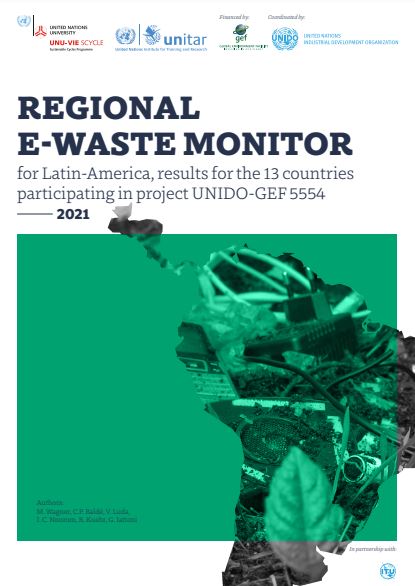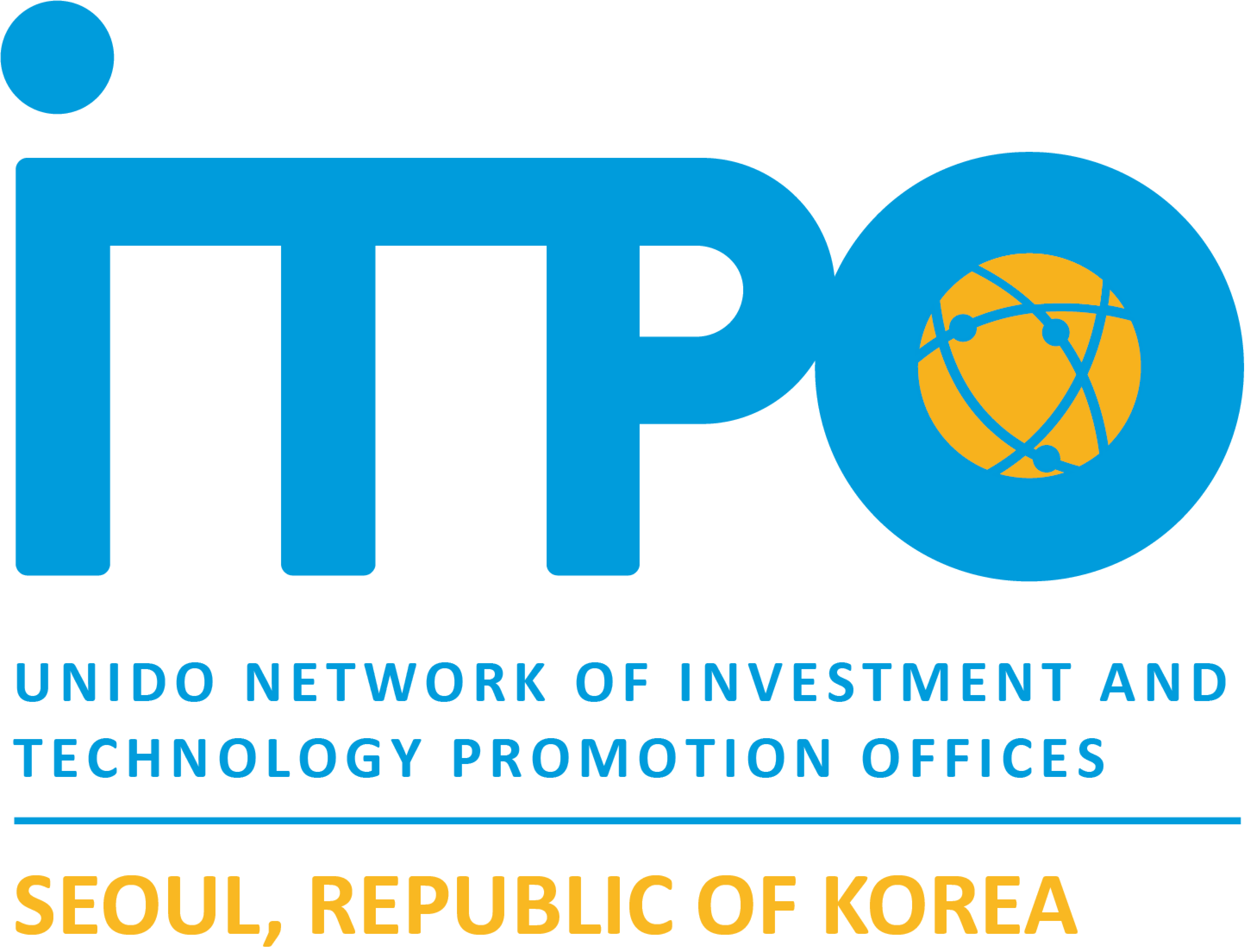
The United Nations Industrial Development Organization (UNIDO) published a report entitled 『Regional E-waste Monitor for Latin-America: Results for the 13 countries participating in project UNIDO-GEF 5554』. This new report is a result of the ‘Strengthening of National Initiatives and Enhancement of Regional Cooperation for the Environmentally Sound Management of Persistent Organic Pollutants (POPs) in Waste of Electronic or Electrical Equipment (WEEE)’ project activities.
UNIDO partnered with the United Nations University (UNU), Vice-Rectorate in Europe (ViE), and Sustainable Cycles (SCYCLE) Programme (UNU-ViE SCYCLE) to implement this new publication. The report is focused on building regional capacity on e-waste statistics for government officials and statisticians and improving e-waste data and statistics in the region.
This new publication revealed that managing e-waste could be an economic opportunity as e-waste generated regionally in 2019 contained valuable materials, representing a total value of roughly $1.7 billion USD of secondary raw materials, while only three percent of it is reported as collected through formal channels and treated in an environmentally sound manner. The report also added that adequate financing and monitoring of the systems, and the cooperation of all stakeholders, are essential elements for setting up and sustaining successful policies.
In this respect, UNIDO has intervened on e-waste in the region through policy development. By coordinating WEEE project, UNIDO has supported 13 Latin American countries with the strengthening of regional cooperation and knowledge exchange, and provided advice on e-waste policies and regulations, suitable management technologies, business models, capacity-building and awareness-raising.
For the complete version of this paper:
Regional E-waste Monitor for Latin-America
















